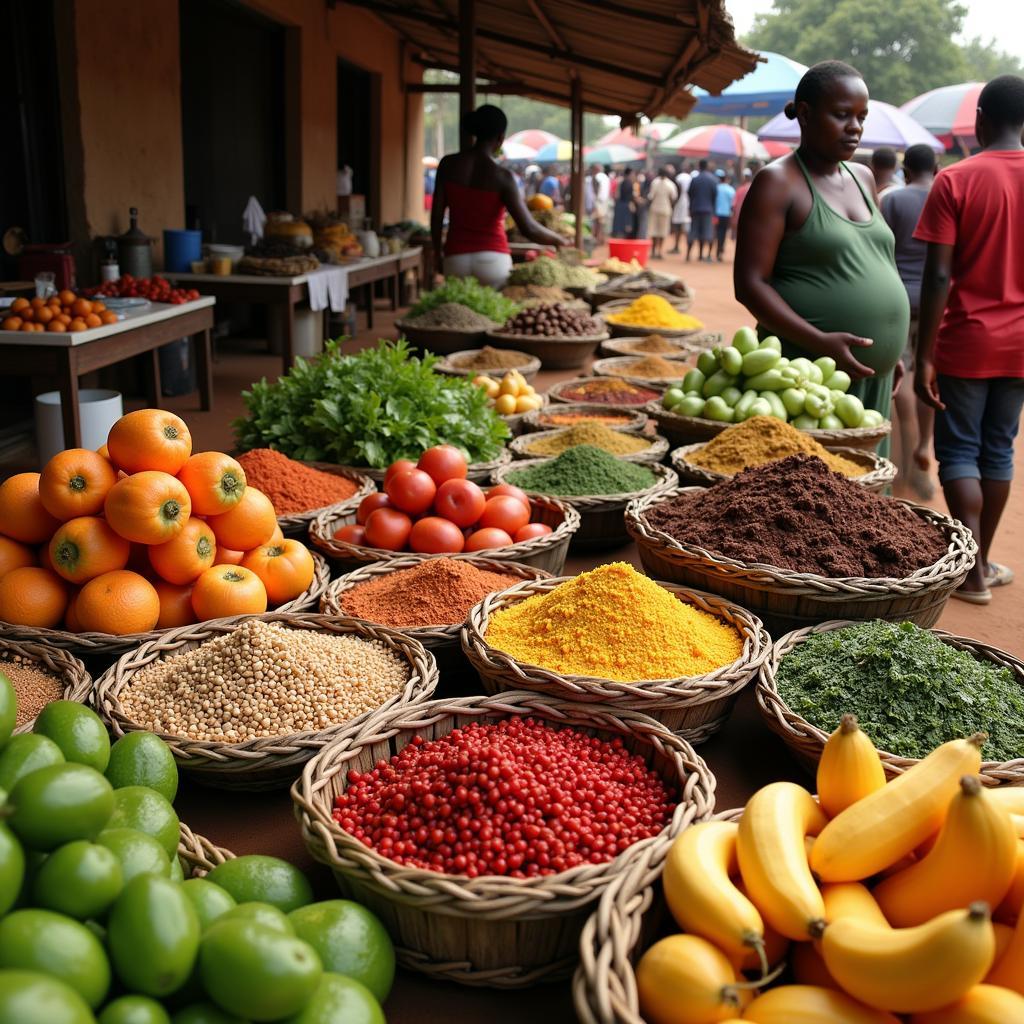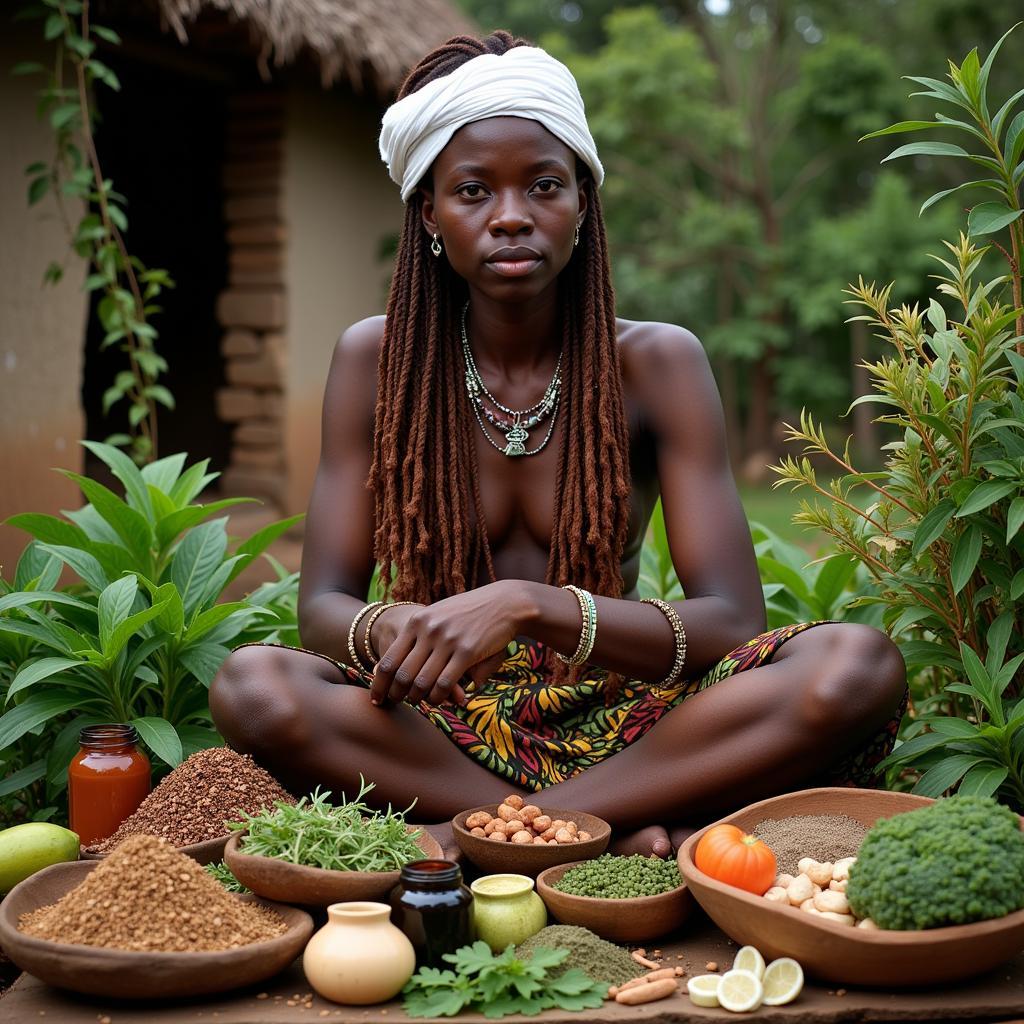Unraveling the Myth: Do Africans Really Eat Sand?
The intriguing query, “Do Africans eat sand?” often pops up in online searches, revealing a curiosity about African cultures and practices. This question, though seemingly simple, unveils a deeper layer of assumptions and misunderstandings surrounding the diverse continent. So, let’s delve into this topic and separate fact from fiction.
The Source of the Misconception
The idea that Africans consume sand likely stems from a lack of awareness about the continent’s vastness and diversity. Africa is not a monolithic entity but a tapestry woven from 54 distinct countries, each boasting unique customs, cuisines, and traditions. To assume a shared behavior across this diverse landscape is not only inaccurate but also perpetuates harmful stereotypes.
The Reality of African Diets
Like any other region globally, African diets vary significantly depending on geographical location, cultural influences, and available resources. From the fragrant tagines of Morocco to the hearty stews of West Africa, the continent boasts a rich culinary heritage that celebrates fresh produce, flavorful spices, and diverse cooking techniques.
 Vibrant African Food Market
Vibrant African Food Market
For instance, in many parts of Africa, staple foods like maize, rice, cassava, and plantains form the foundation of meals. These are often accompanied by protein sources like fish, chicken, beef, and a variety of legumes.
Geophagy: Eating Earth, Not Sand
While the consumption of sand itself is not a documented practice in Africa, the practice of geophagy, or the intentional consumption of earth or clay, does exist in some cultures worldwide, including certain regions within Africa.
It’s important to note that geophagy is not about consuming sand, which is primarily composed of silica and offers no nutritional value. Instead, people who practice geophagy seek out specific types of clay or earth rich in minerals like iron, calcium, or zinc. This practice is often linked to traditional beliefs, addressing digestive issues, or supplementing diets lacking essential nutrients.
 Traditional African Healing Practices
Traditional African Healing Practices
African Kitenge Dresses with Chiffon: A Celebration of Style and Culture
Shifting gears from culinary aspects, let’s take a moment to appreciate the vibrancy of African fashion. African Kitenge dresses with chiffon are a stunning testament to the continent’s rich textile heritage and design aesthetics. These vibrant, flowing garments blend tradition and modernity, reflecting the dynamism of African culture. To learn more about the beauty and versatility of African Kitenge dresses, check out this insightful article: african kitenge dresses with chiffon.
Challenging Misconceptions and Embracing Diversity
The question “Do Africans eat sand?” serves as a valuable reminder to approach cultural exploration with sensitivity and an open mind. Instead of perpetuating stereotypes, let’s embrace the richness and complexity of the African continent, celebrating its diverse cultures, traditions, and culinary delights.